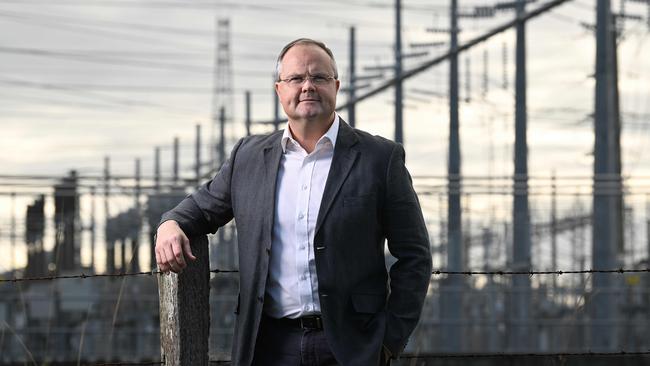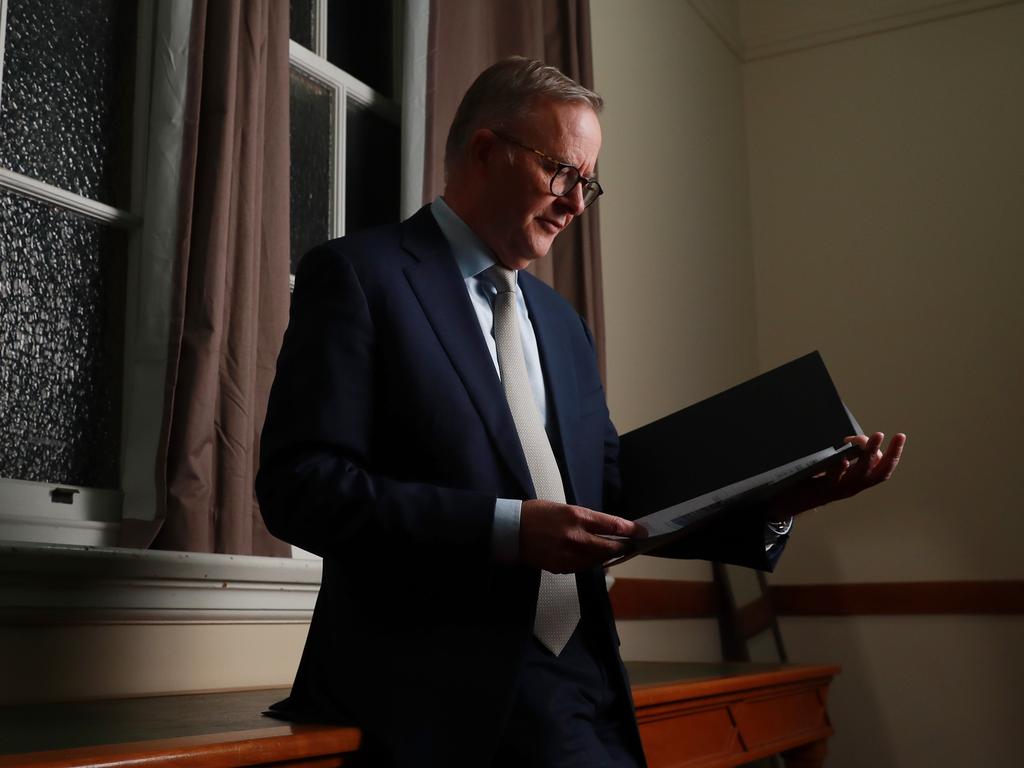Climate plan must have social licence and keep lights on

The first phase debated ‘why’ we should act, or whether we should act at all.
Once a divisive political issue, the case for action is now supported by a majority of Australians.
The second phase debated ‘what’, and this was resolved with bipartisan agreement to pursue net zero emissions by 2050 in the context of a global shift towards that goal.
We’re now in the third phase: the ‘how’, or the path to getting there.
There are many paths to net zero and if we take the wrong one, the consequences will be dire.
People have become accustomed to lines like “keeping the lights on”, but for many this conjures up little more than a risk of unexpected, temporary blackouts that ruin TV viewing of the footy finals.
But failing to get the ‘how’ right risks everything from energy security to national security and food security, along with our national prosperity. The wealth, health and wellbeing of everyday
Australians is very much at stake.
This is no exaggeration. Consider the billions of dollars incurred by households and businesses
throughout the recent east coast energy crisis.
We have senior citizens turning off their heaters in the cold of the night for fear of not being able to pay their electricity bills.
Small and family supermarkets are looking at closing their doors due to over 400 per cent increases in the cost of power. Meanwhile, foundries and steel manufacturers are weighing up offshoring their operations due to ongoing spikes in power prices.
The new government is busy blaming everyone for this crisis, but they are offering no solutions.
What many forget is that Australia’s legacy of reducing emissions and keeping prices in check is one to be proud of.
We’re world leaders in renewable energy and have outpaced Canada, Japan, New Zealand and many other peers in our emission reductions.
What’s more, during the last term of the Coalition government, these achievements were matched by a 10 per cent reduction in power prices.
As the Coalition enters a period of renewal in Opposition, our approach to the ‘how’ will be guided by our core values.
Critically, we believe in small government, not big government.
While government has an important role to play in tackling climate and energy issues, Canberra doesn’t have all the answers.
This goes to the heart of a major point of difference between the Coalition and Labor.
The Coalition’s approach to energy crises was always a practical one. In the months leading up to the election, we prioritised engagement, and sometimes pressure, on energy and gas businesses to keep up supply.
The Albanese government is different. Instead of calling a crisis meeting with industry CEOs to find a solution when prices began to skyrocket, Energy Minister Chris Bowen called a meeting with state and territory governments.
Unsurprisingly, no solutions emerged.
It’s more of the same with Labor’s approach to legislating short term targets.
Despite Bowen conceding that “legislation is not required”, this will be the first order of business for the new parliament.
No mention of finding a response to the ongoing energy crisis.
The Coalition believes the real answers to ‘how’ lie with enterprise.
It’s entrepreneurs and engineers, not activists and bureaucrats, who are developing the new
technologies needed to decarbonise sectors like agriculture, cement and steel.
And in the electricity sector, we’ll need a balance of fuel sources for many years to come.
Renewables are very important, but they need support from other sources of dispatchable
generation to give them every chance of success. This includes new peaking gas generation and maybe even small modular nuclear reactors.
Ultimately, the legitimacy of any path to net zero depends on the Australian people.
A climate plan that ignores the importance of a social licence or lacks a plan to keep power prices down will not last.
The Coalition will hold Labor to account on these expectations, starting with its election promise of cheaper power prices, including a cut to household power bills by $275 in just three years’ time.
Now that there is bipartisan agreement to act on climate change and a destination of net zero is locked in, what really matters is how we get there.
Ted O’Brien is the Coalition’s climate change spokesman







Global debate over tackling climate change has evolved over distinct, albeit messy and overlapping, phases. Australia has been no exception.